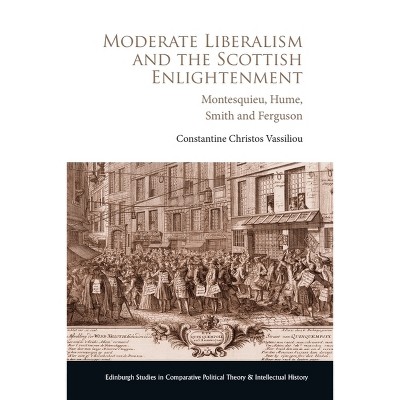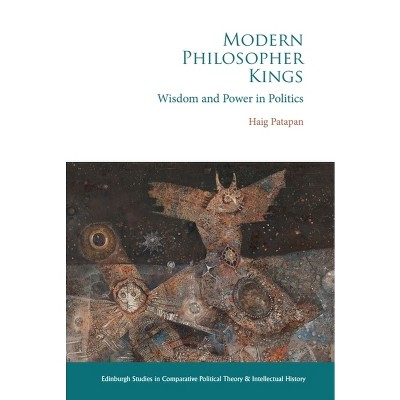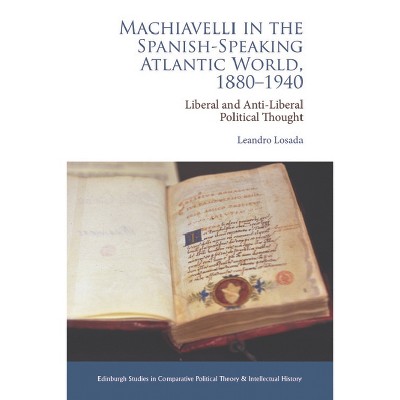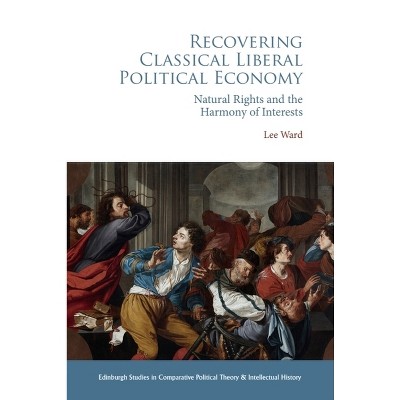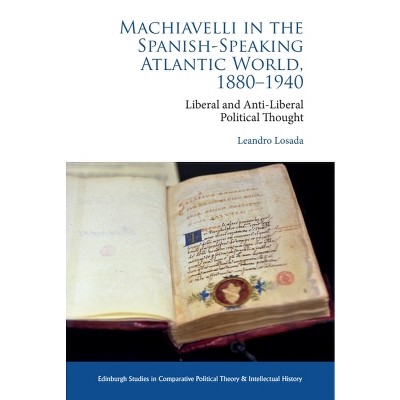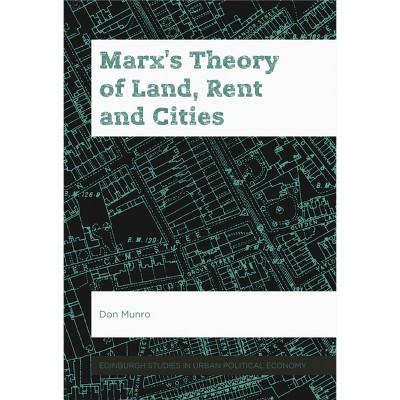Theopolitical Figures - (Edinburgh Studies in Comparative Political Theory and Intellectual History) by Montserrat Herrero (Paperback)

About this item
Highlights
- The book addresses the question of the extent to which theological discourse has been and is relevant to the origins of the meanings, symbols, and realities of some instituted political practices.
- Author(s): Montserrat Herrero
- 272 Pages
- Philosophy, Political
- Series Name: Edinburgh Studies in Comparative Political Theory and Intellectual History
Description
About the Book
Examines the meaning of five theopolitical figures - scripture, prophecy, oath, charisma and hospitality - in contemporary philosophical-political discourseBook Synopsis
The book addresses the question of the extent to which theological discourse has been and is relevant to the origins of the meanings, symbols, and realities of some instituted political practices. This relevance has historically manifested itself in the hybridisation of theological and political concepts, images, gestures, and rituals. Indeed, some divine traces could be seen as embedded in institutionalised political practices. Theopolitical figures, then, are other names for God - in the sense of negative theology - that we find in instituted practices within the political realm. The book considers five theopolitical figures: scripture, prophecy, oath, charisma, and hospitality. In the symbolic meaning of these figures, we discern some central questions for contemporary societies, among them: the unconditional character of justice, the unfeasibility of historical expectation, the stability of the given word, the idea of power as a gift, and openness to the coming other as an ethical-political imperative.
Review Quotes
An indispensable cartography for the overlap of three vital areas: the field of political theology, the state of the post-secular theological turn in philosophy, and the rethinking of community from the standpoint of the gift.-- "Elettra Stimilli, Sapienza University of Rome"
The relationship between the sacred and the civil defines the stakes of a postsecular era. Montserrat Herrero's new book is a significant contribution to rethinking the political as a figure of the divine and the divine as the apophatic engine of the political. The booming literature on political theology is enriched with an indispensable volume.-- "Vassilios Paipais, University of St Andrews"
Shipping details
Return details
Trending Book Pre-Orders






